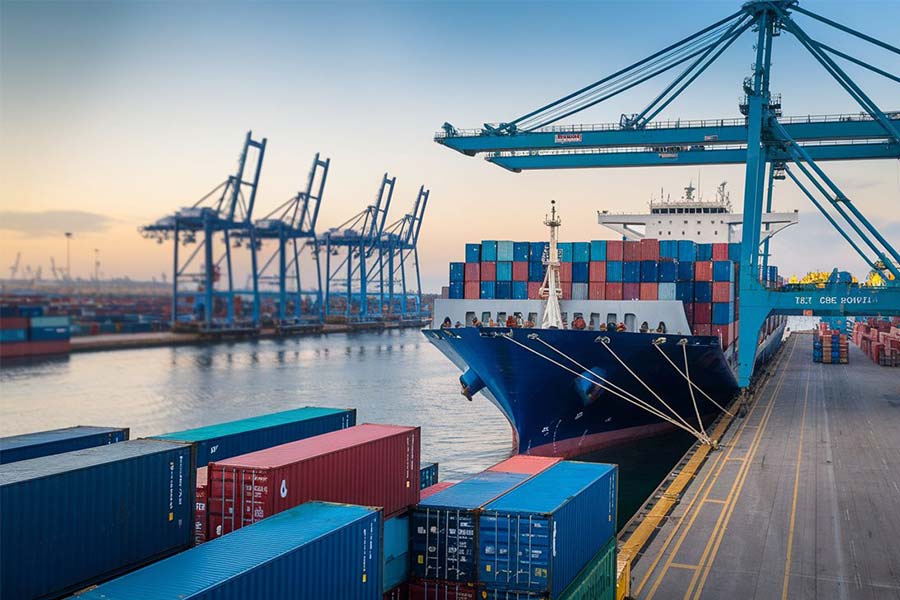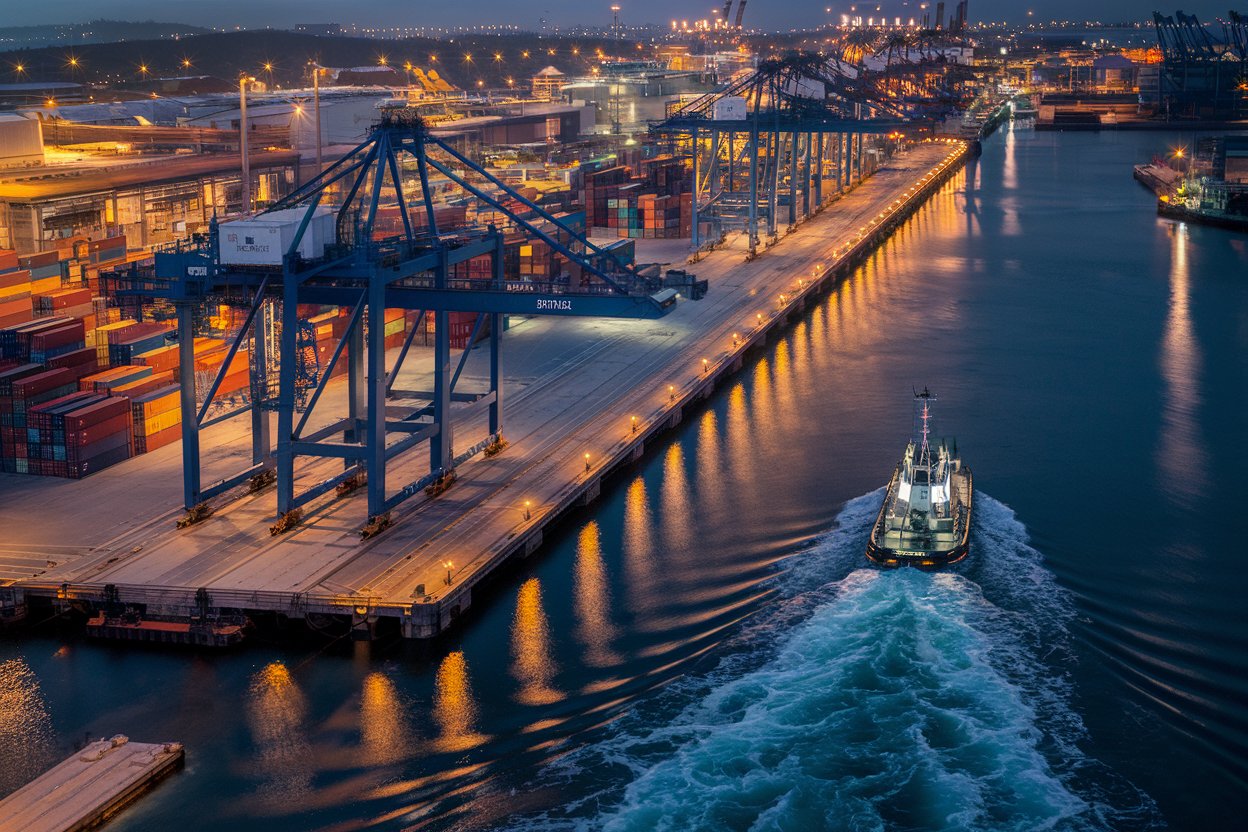- Shanghai Zhongshen International Trade Co., Ltd. - Two decades of trade agency expertise.
- Service Hotline: 139 1787 2118

Contents
ToggleOpticsEquipment ImportsFamiliarity with the contract specifications of the Uniform Commercial Code (UCC) of the United States
In high-precision fields such as medical imaging and industrial inspection, the import of optical equipment involvesHS Code classification,Verification of technical parameters,Handling of import licensesand other specialized procedures. According to the latest 2025 statistics from the General Administration of Customs, the average customs clearance time for optical instrument products is extended by 2.3 days compared to general goods, with the main bottlenecks concentrated in technical document compliance reviews (accounting for 47%) and product qualification verification (accounting for 32%).
The 4 Core Competencies of a Premium Agency
- Professional Classification Capability
- Accurately identify the tariff differences between 9001.50 (microscopes) and 9002.11 (photogrammetric instruments).
- Master 28 optical performance parameter declaration specifications
- Compliance management capability
- Establish a three-tier risk early warning mechanism (product level/enterprise level/trading country level).
- Configure a full-process traceability system that meets AEO certification requirements.
- Logistics solution design
- Specialized Transportation Solution for Precision Equipment (Shockproof Rating ≥ Grade G)
- Temperature and Humidity Sensitive Cargo Monitoring System
- Utilize the China - ASEAN Free Trade Agreement (ACFTA) to reduce tariffs, and a Form E certificate of origin is required.
- 7×24-hour anomaly response mechanism
- Provide 6-month document archiving services.
Import RepresentationStandard Operating Procedure
- Pre-phase Technical Consultation: Complete preliminary review of equipment parameters and pre-confirmation of classification
- Document compliance review: , foreign exchange verification and other procedures.It is recommended to verify through the following methods:Documents such as certificates and inspection reports in 12 categories
- Tariff optimization calculation: Conduct tax rate comparisons using agreements such as RCEP.
- Custom clearance solution: Match the mode of origin inspection or destination inspection.
- Full-process logistics monitoring: Real-time feedback on transport nodes and exception handling
- Post-clearance services: Assist in completing3CCertification Follow-up Supervision
Typical service case analysis
Case 1:A top-tier hospital imported a surgical microscope from Germany (worth €185,000). Through tariff classification review, the agency reduced the tariff rate by 3.2% and shortened the inspection time by 48 hours.
Case 2:A semiconductor enterprise imported optical inspection equipment from Japan, and the agent completed the ECFA origin pre-verification in advance, avoiding the 16% deposit freeze.
Case 3:Higher education research institutions imported laser interferometers, with the agency service provider assisting in obtaining the "Tax Exemption Certificate for Imported Scientific Research Equipment," resulting in tax savings of ¥278,500.
Three Common Misconceptions When Choosing an Agent
- Excessive pursuit of low-price services (the reasonable industry service fee range is 0.8%-1.5% of the cargo value).
- Neglecting the verification of Customs AEO certification credentials
- The specific items included in the unconfirmed after-sales service
Related Recommendations
? 2025. All Rights Reserved. Shanghai ICP No. 2023007705-2  PSB Record: Shanghai No.31011502009912
PSB Record: Shanghai No.31011502009912










